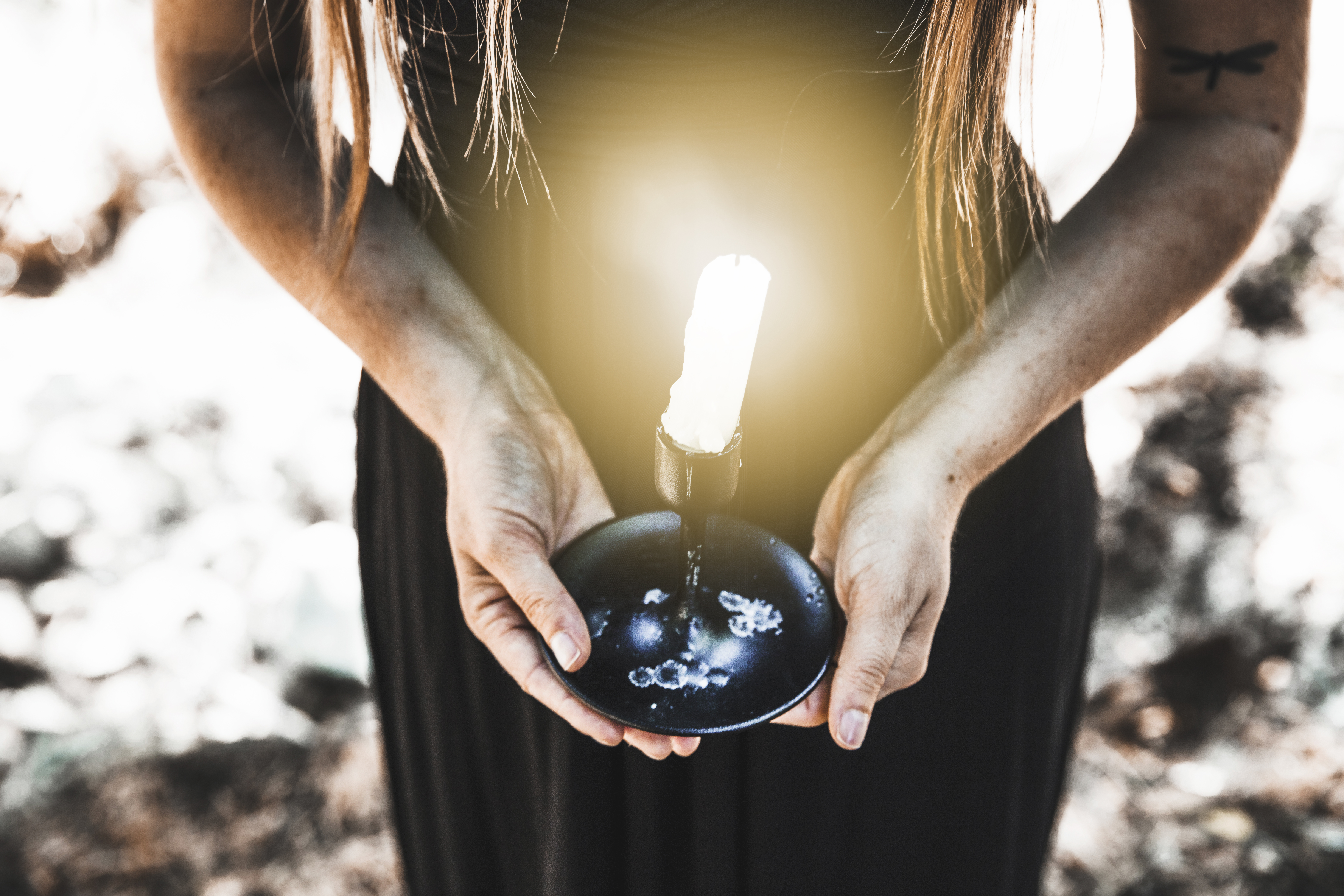Blog » Exploring Natural Burial Options and Spiritual Significance in Catholicism

Natural burial options and their spiritual significance in Catholicism offer a meaningful, eco-friendly approach to honoring the deceased. As more people seek sustainable burial methods, Catholic families find that natural burials balance their faith with respect for nature. This practice resonates with Catholic beliefs about life, death, and resurrection while addressing environmental sustainability concerns. A natural burial returns the body to the earth in its natural state, reflecting the sanctity of life and the planet. For families facing burial decisions, this option allows them to honor both their faith and creation in a spiritually fulfilling and environmentally responsible way.
What is Natural Burial?
Natural burial, also known as green burial, involves interring the body without embalming, metal caskets, or non-biodegradable materials. The body decomposes naturally, reducing environmental impact. Surprisingly, this approach aligns with early Christian burial customs, which avoided complex processes and emphasized the body's natural return to the earth.
Some essential aspects of natural burial include:
- No chemical embalming: The body is preserved naturally, without toxic chemicals.
- Biodegradable materials: Coffins or shrouds are made from materials like wood or linen that decompose naturally.
- No burial vaults or grave liners: These are often avoided to ensure a more natural return to the earth.
- Designated green cemeteries: Natural burial sites may focus on conservation and maintaining natural landscapes.
Natural burial reflects the Catholic teaching of humility and a respectful return to the earth, which resonates deeply with both ancient and modern Catholic values.
The Spiritual Connection: Catholic Beliefs and Natural Burial
Catholic teachings emphasize that the human body is sacred, having housed the soul, and will one day be resurrected. Natural burial honors this belief by allowing the body to return to the earth without unnecessary interference. Catholics believe that life originates from God, and through death, we return to Him. This practice aligns with the theological idea of our bodies being part of God's creation, worthy of returning naturally to the soil.
Natural burial also mirrors Christ's own burial, where His body was laid on the earth, un-preserved, awaiting resurrection. This belief allows Catholic families to find comfort in the practice, knowing it honors both the body's sanctity and the Christian hope of eternal life.
Catholic Church's Teachings on Natural Burial
The Catholic Church traditionally favored burial over cremation, but more recently, it has recognized a range of burial options. While cremation is permitted, provided the ashes are respectfully buried, natural burial more closely reflects ancient Christian customs more closely. This option is increasingly embraced due to its spiritual and environmental significance.
The Church continues to emphasize key principles regarding burial, including:
- Respect for the body: The body is a temple of the Holy Spirit and should be treated with dignity.
- Resurrection belief: Burial symbolizes the Catholic hope in the resurrection of the dead.
- Simplicity and humility: Natural burial embodies these values through its straightforward, eco-friendly approach.
- Environmental stewardship: Laudato Si, Pope Francis's encyclical, calls for responsible care of creation, aligning with natural burial's goals.
Natural burial honors the Church's long-held values, while addressing the growing demand for sustainable practices.
Ecological Responsibility and Faith
In today's world, ecological responsibility has become a key concern for Catholics. The principle of stewardship is central to Church teachings, and Catholics are urged to care for creation. Pope Francis, in Laudato Si', emphasized the urgent need for environmental protection, encouraging Catholics to live sustainably.
Natural burial allows Catholics to practice ecological stewardship, minimizing environmental harm. By avoiding embalming fluids and non-biodegradable materials, families contribute to environmental preservation. The practice also reflects the Catholic responsibility to care for God's creation, especially in death.
Practical benefits of natural burial include:
- Reducing harmful chemicals: Embalming fluids are avoided.
- Minimizing environmental disruption: Decomposable materials and green cemeteries help preserve ecosystems.
- Lowering carbon footprint: Natural burial is less energy-intensive than cremation or traditional burial.
By choosing natural burial, Catholic families actively uphold their faith's call to care for the environment.
Comparing Natural Burial with Cremation in Catholicism
Cremation has become more common due to its cost-effectiveness and accessibility, but natural burial remains distinct in its alignment with Catholic beliefs about the body's resurrection. While cremation is allowed by the Church, provided ashes are buried or entombed, natural burial provides a more direct connection to the earth.
Key differences between natural burial and cremation include:
- Natural burial: The body decomposes naturally in the earth, preserving the physical body until the final resurrection.
- Cremation: The body is reduced to ashes through combustion, requiring special care for the ashes to be interred respectfully.
While cremation can be practical, many families find that natural burial better aligns with Catholic teachings on the sanctity of the body and the environment.
Selecting a Natural Burial Site
Choosing the right burial site is a crucial step for families considering natural burial. More cemeteries now offer green burial sections, which are designed to meet both Catholic and ecological standards. When selecting a site, families should ensure the cemetery aligns with Catholic funeral rites and supports environmentally friendly practices.
Important factors to consider when choosing a natural burial site:
- Whether the cemetery adheres to Catholic funeral practices
- Availability of green burial plots and their adherence to ecological principles
- The cemetery's commitment to conservation and environmental preservation
- Proximity to a Catholic church for appropriate rites
- The use of biodegradable materials for coffins and grave markers
A burial site that balances faith and sustainability can provide a meaningful resting place for Catholic families, while respecting both religious tradition and ecological responsibility.
Final Thoughts on the Future of Catholic Natural Burials
As environmental concerns grow, natural burial is gaining acceptance among Catholic families seeking to honor both their faith and the planet. By choosing natural burial, families engage in a sacred tradition that emphasizes the dignity of the human body and the care of God's creation. The future of Catholic burials may continue to embrace eco-friendly practices as more families and Church leaders recognize the spiritual and environmental benefits of natural burial.
Recent Blog Posts
- Eco-Friendly Cremation and Burial Options
- Direct Cremation in South Carolina and Why Families Prefer This Option
- Choosing a Funeral Home in South Carolina for a Stress-Free Process
- Burial or Cremation in Louisiana and Which Option Fits Your Needs
- Funeral Costs in New Jersey and Affordable Cremation Solutions
- Cremation Services in Louisiana and What Families Should Know
- Virtual Storytelling Ideas to Connect Generations
- Honoring Loved Ones with Meaningful Legacy Tattoos
- Healing Through Comfort Foods From Around the World
- How to Support a Friend Through Grief from a Distance
